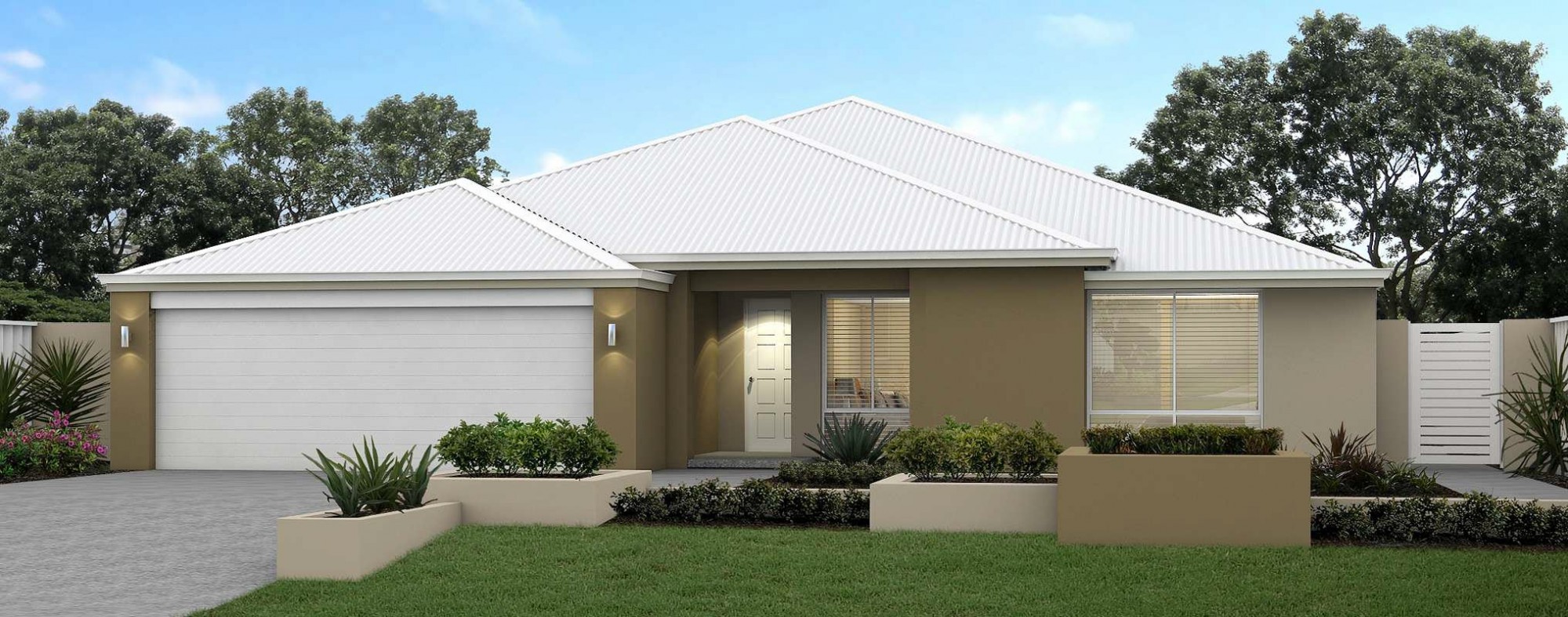Businesses, such as consultancies, can get started with very minimal cost; but most of the time, it costs quite a sum to get a business running. As an example, the average cost of setting up a diner costs almost half a million dollars. These start-up costs mean that you’re already shelling out money even before any profit comes in.
Business expenses are generally deductible to your company. On the other hand, start-up costs are different because there is no operational business yet to deduct the costs from. This therefore means that start-up costs are only deductible if your business has already been operational when you incurred them. However, there are certain costs during business startups that can be deductible. These can be deducted either in your first year of operations or over time. In taxation law, these are called start-up costs; and the same rules apply whether you’re running a sole proprietorship, a partnership, or a corporation.
Start-up costs are costs that are usually incurred even before your business starts operations. However, other costs such as purchasing a business or a franchise, and other capital costs are not included as startup costs. Moreover, acquiring properties and developing them are also not classified as part of a business’ startup cost.
So that you’d know, deductible start-up costs fall under three different categories. You might want to check your receipts or expenditure records to see if they fall under any of the three.
The first type of category are investigatory expenses. These expenses are incurred when you are usually gathering data or information on what business to buy or start. Examples of such costs are employing surveys, market analysis, and the corresponding products and labor costs. Moreover, you can also include travel costs when doing an ocular inspection of a business or site under this category.
The second category are costs that fall under business start-up costs that were incurred before the business began to operate. Such costs include advertising and employee training. Moreover, costs that are incurred when travelling to vendors, distributors, and customers can also be included. Likewise, these costs can also include consultation fees and fees to set-up your bookkeeping process.
The third category are costs that are incurred during the pre-opening phase of your business. These are costs either paid or incurred before the first operating day of the business.
You must always take note that not all costs that has to do with business start-ups fall under these three categories. Some examples are the cost of buying a business or acquiring properties that are related to the business. Moreover, costs that are incurred due to building or developing a brick and mortar shop are not deductible as start-up costs.
If you’re planning to open a business, it is always best to keep records on what you’re spending money on. Save your receipts and take good notes on what the costs were for; and doing this will allow you to take full advantage of writing-off your business startup costs.

